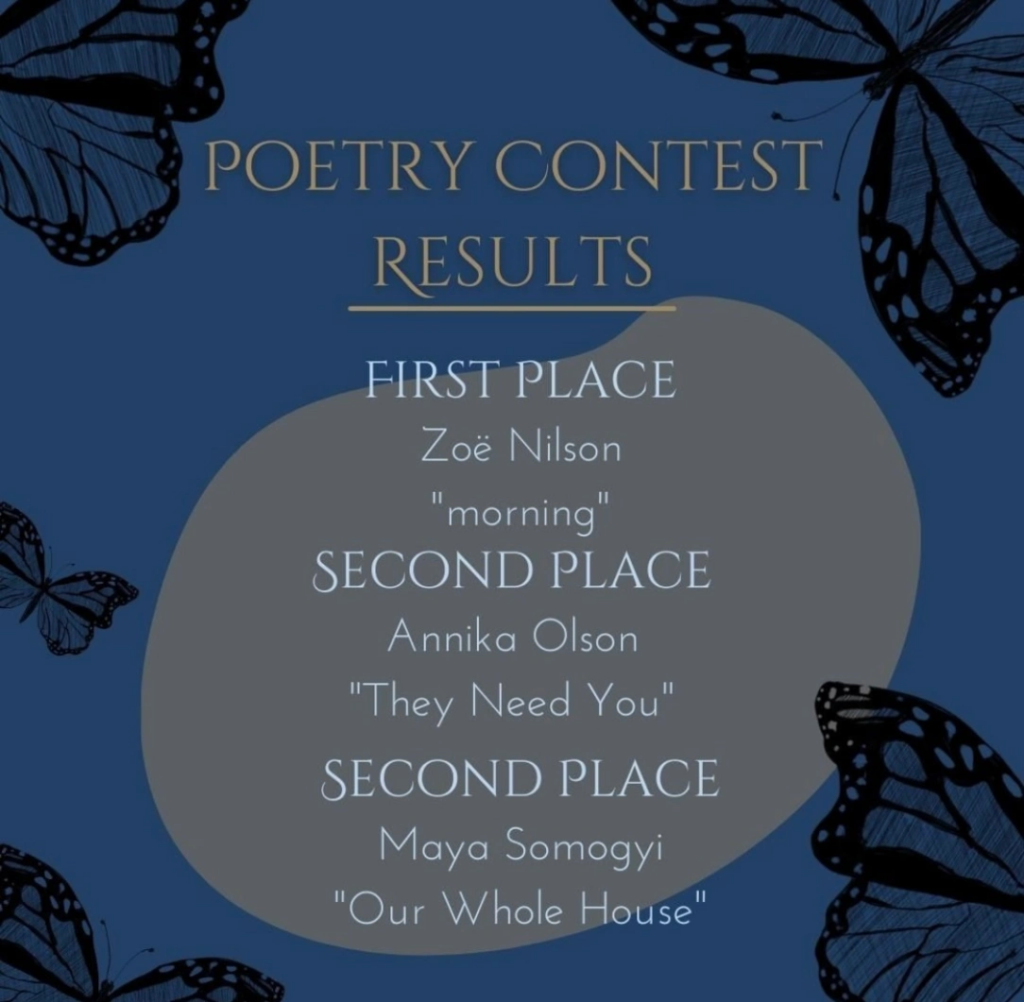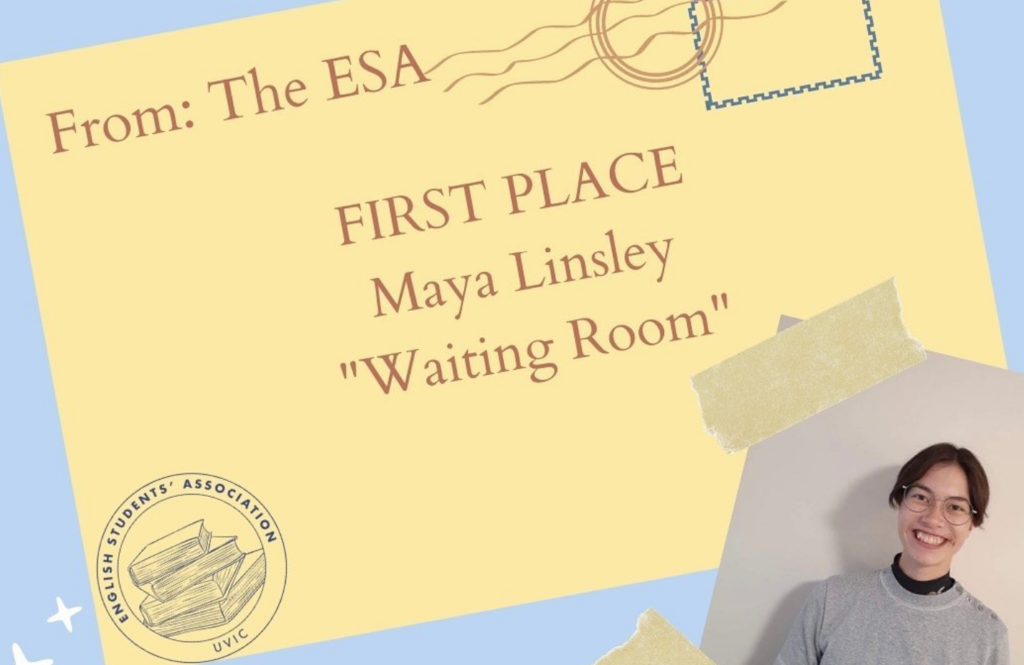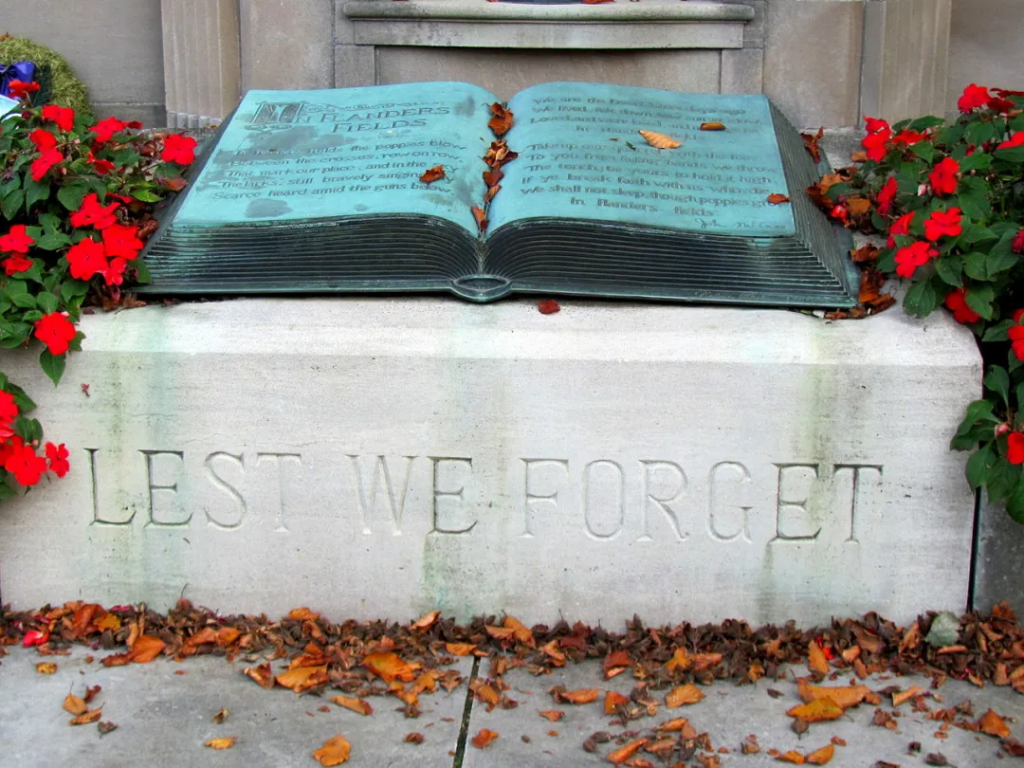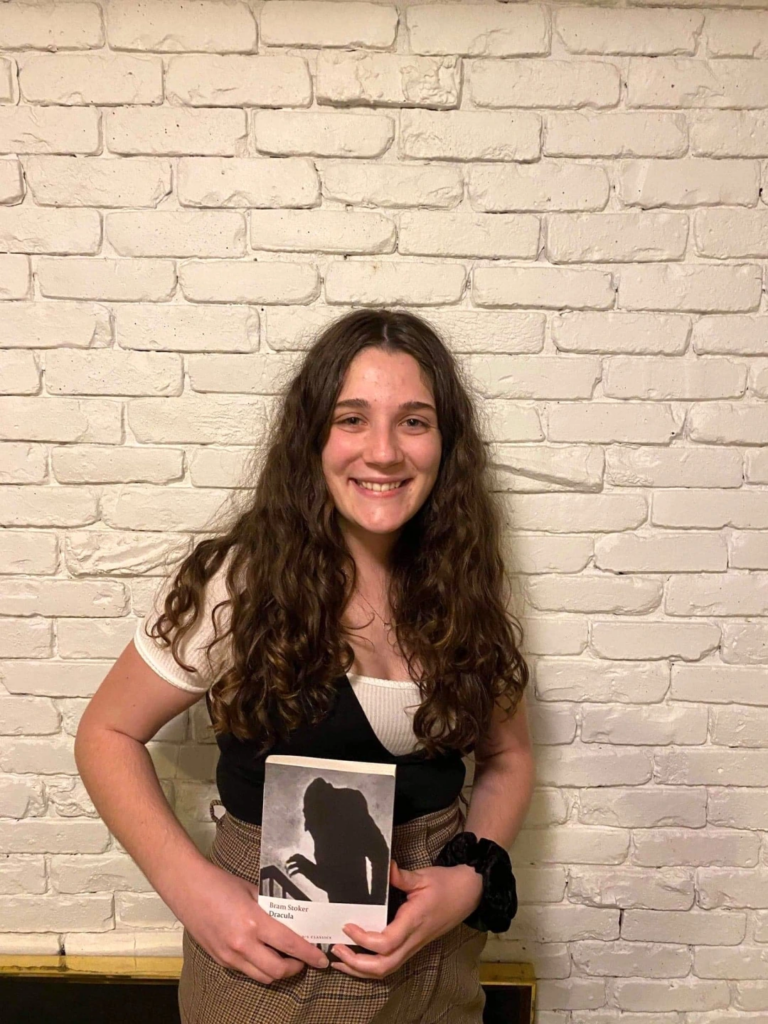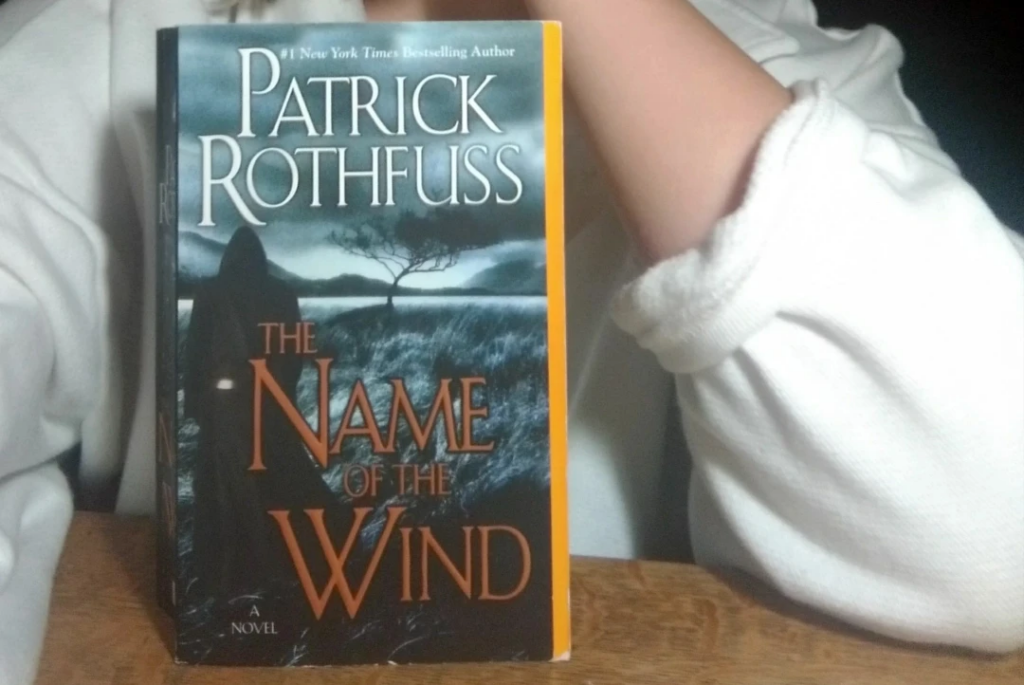I always used to write. No one could keep me from writing down my ever-changing thoughts, my never-ending stream of consciousness. I was constantly writing, but what am I doing now? I only write long after I am supposed to. I no longer write for fun—honestly, sometimes I feel like I no longer write at all.
I have a friend whose dream is to help change the world’s perspective. Little does he know he has long had this gift to help others experience a more real and subsequently beautiful way of life. He once told me that motivation will not come to you. It is something you must exercise every day so that you might ingrain yourself with a better version of yourself. You are more than your failures—and more than your fleeting successes. You can be so much more. You need to keep pushing yourself and forge motivation rather than waiting for the impossible to happen.
So here I am, with pen to page—or rather fingers to keys—ready to start making good habits. I want to write, that much is true. I want to succeed.
Writer’s block is so much more than getting stuck. It is continual digging. Burying myself along the way. And when things start to settle, I am reminded that the world and all my loved ones are moving on without me. Without me?
So, here’s my start.
When you experience writer’s block, what do you do? Next time you find yourself in this situation, remember that it’s okay if you don’t write today—try again tomorrow. Pace yourself; if you expect to write for a deadline, and only a deadline, you won’t have the opportunity to make your writing your own. If you feel rushed, your creativity can be overlooked.
Take a breath. Free yourself from distractions. Allow yourself to take breaks. Often, we feel pressured to write and think only about producing rather than creating. As someone who describes myself as a passionate writer, I sometimes dread sitting down to write and leave my projects until the last minute. Due to my procrastination, much of my work feels rushed, and I don’t leave time to make my writing into something I am proud of.
Don’t settle. That’s something I had to learn the hard way as all of my assignments met the requirements, but they didn’t sound like my writing—at least not something I would be proud of. Push yourself to go beyond expectations and prove what you are capable of to the world.
Give yourself time to write and make it a part of your routine. It’s okay to start slow as long as you constantly move forward, improve your skills, and learn how to love writing again. As students, we need to make sure we are maintaining our mental health, studies, and relationships; I propose that we prioritize our passions and the reclamation of our writing.
Good luck and keep writing, my friends.
Kira Keir
This post was published on the original UVic ESA website.
